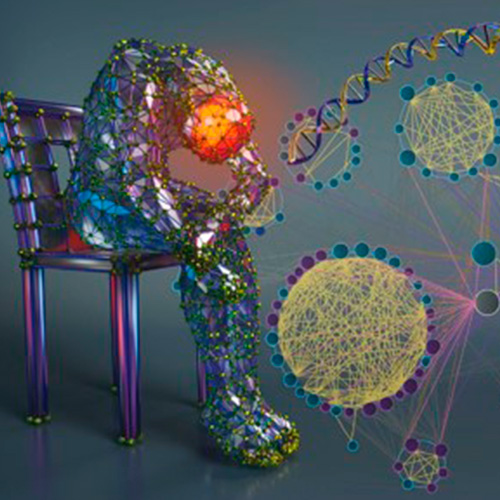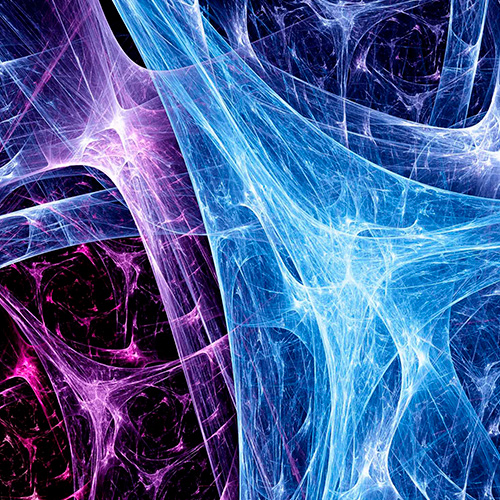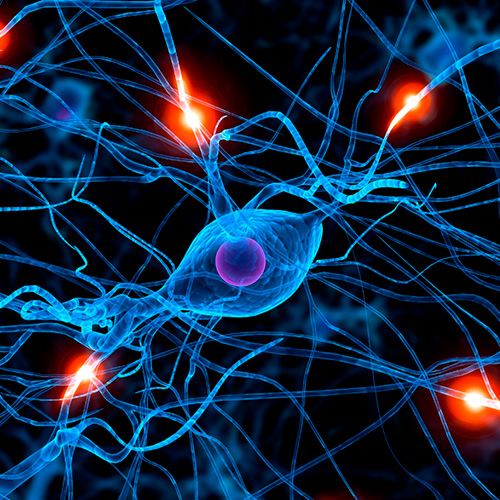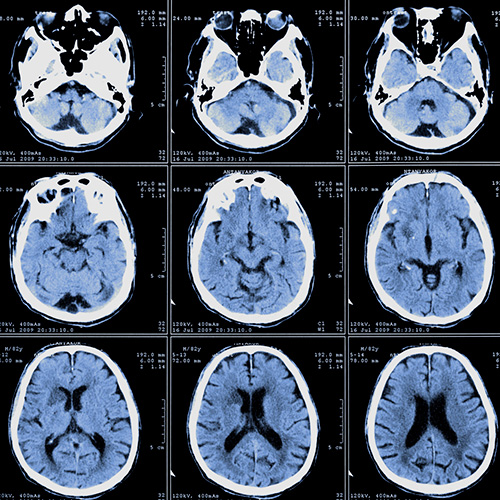Four Postdoctoral positions are available at the Millennium Institute for Intelligent Healthcare Engineering – iHEALTH, in Santiago de Chile.
Our mission as the Millenium Institute for Intelligent Healthcare Engineering (iHEALTH) is to develop innovative methods that integrate medical imaging physics, engineering, and artificial intelligence (AI) to improve medical imaging-based healthcare by making it more accurate, efficient and effective, and in the long term, more affordable. To do so, iHEALTH brings together an interdisciplinary team of experts to tackle healthcare engineering challenges in an interdisciplinary and synergistic manner in close collaboration with health centres, industry and a wide network of national and international researchers.
Postdoctoral fellow positions are available starting 2023, to support the development and collaboration of our main research lines: medical imaging physics, inverse problems and image reconstruction, imaging and sensors based biomarkers, physics-informed AI, explicable AI, hybrid intelligence, natural language processing and natural language generation. Main clinical applications include cardiovascular, oncology and liver disease. iHEALTH provides an interdisciplinary, collaborative environment with strong experience and expertise in MRI, artificial intelligence, natural language generation and neural networks among others. We are equipped and have access to a research low field (0.55T) MRI, 2 clinical MRI (1.5T & 3T) and 2 PET/CT scanners for research, as well as several physiological sensors and high-computing servers.
The successful candidates must be highly motivated and have an advanced degree (Ph.D.) in Physical Science, Biomedical Engineering, Electrical Engineering, Computer Sciences or related fields. Candidates close to finishing their PhDs are also welcomed for application. The research will be carried out in a multi-disciplinary team of MR physicists, computer scientists and clinicians – therefore, the ability to work cooperatively and collegially within this diverse environment is essential. A record of peer reviewed journal publications is required. Knowledge of Spanish is not required.
We offer a creative and social work environment, good opportunities for scientific development and competitive gross salary. We strongly encourage applications from female researchers and individuals that will contribute to the diversity of the Millennium Institute iHEALTH. The post holders will be based in the iHEALTH offices at Pontificia Universidad Católica de Chile (UC - Chile, https://www.uc.cl/en).
Dates: applications should be submitted before 16th December 2022. Interviews of suitable candidates will be scheduled on a rolling basis as applications are received.
Application process: interested candidates are invited to submit a cover letter stating research interests and experience, an up-to-date CV and two recommendation letters to This email address is being protected from spambots. You need JavaScript enabled to view it..
If you have any doubt, please contact (This email address is being protected from spambots. You need JavaScript enabled to view it.)
More information
pdf
here
(744 KB)







